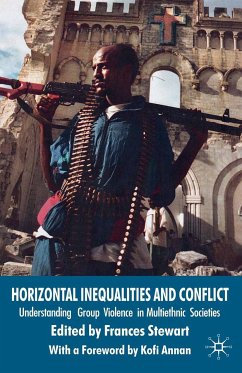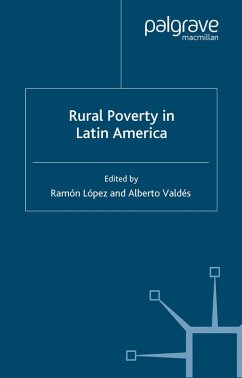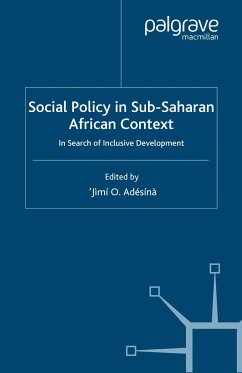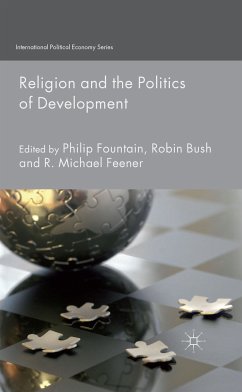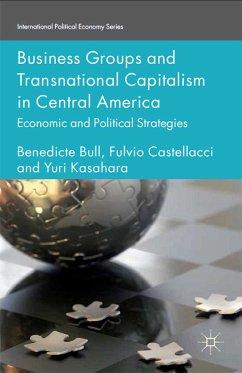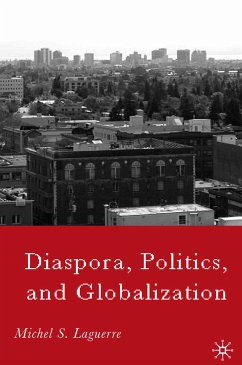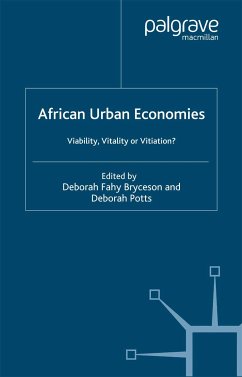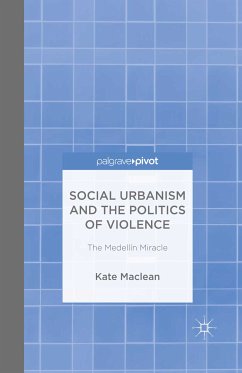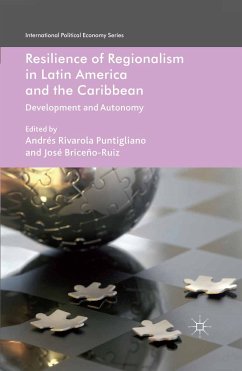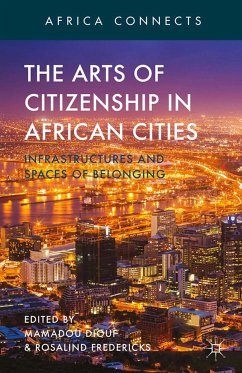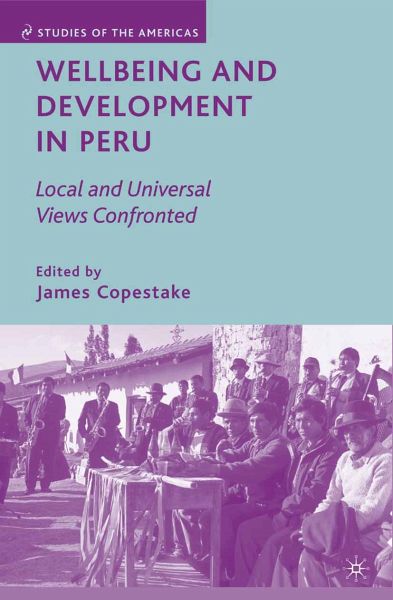
Wellbeing and Development in Peru (eBook, PDF)
Local and Universal Views Confronted
Redaktion: Copestake, J.
Versandkostenfrei!
Sofort per Download lieferbar
40,95 €
inkl. MwSt.
Weitere Ausgaben:

PAYBACK Punkte
20 °P sammeln!
This book presents findings of systematic research into the contested meanings of development and wellbeing from a country, Peru, which has recently experienced both rapid economic growth and deep social conflict.
Dieser Download kann aus rechtlichen Gründen nur mit Rechnungsadresse in A, B, BG, CY, CZ, D, DK, EW, E, FIN, F, GR, HR, H, IRL, I, LT, L, LR, M, NL, PL, P, R, S, SLO, SK ausgeliefert werden.



